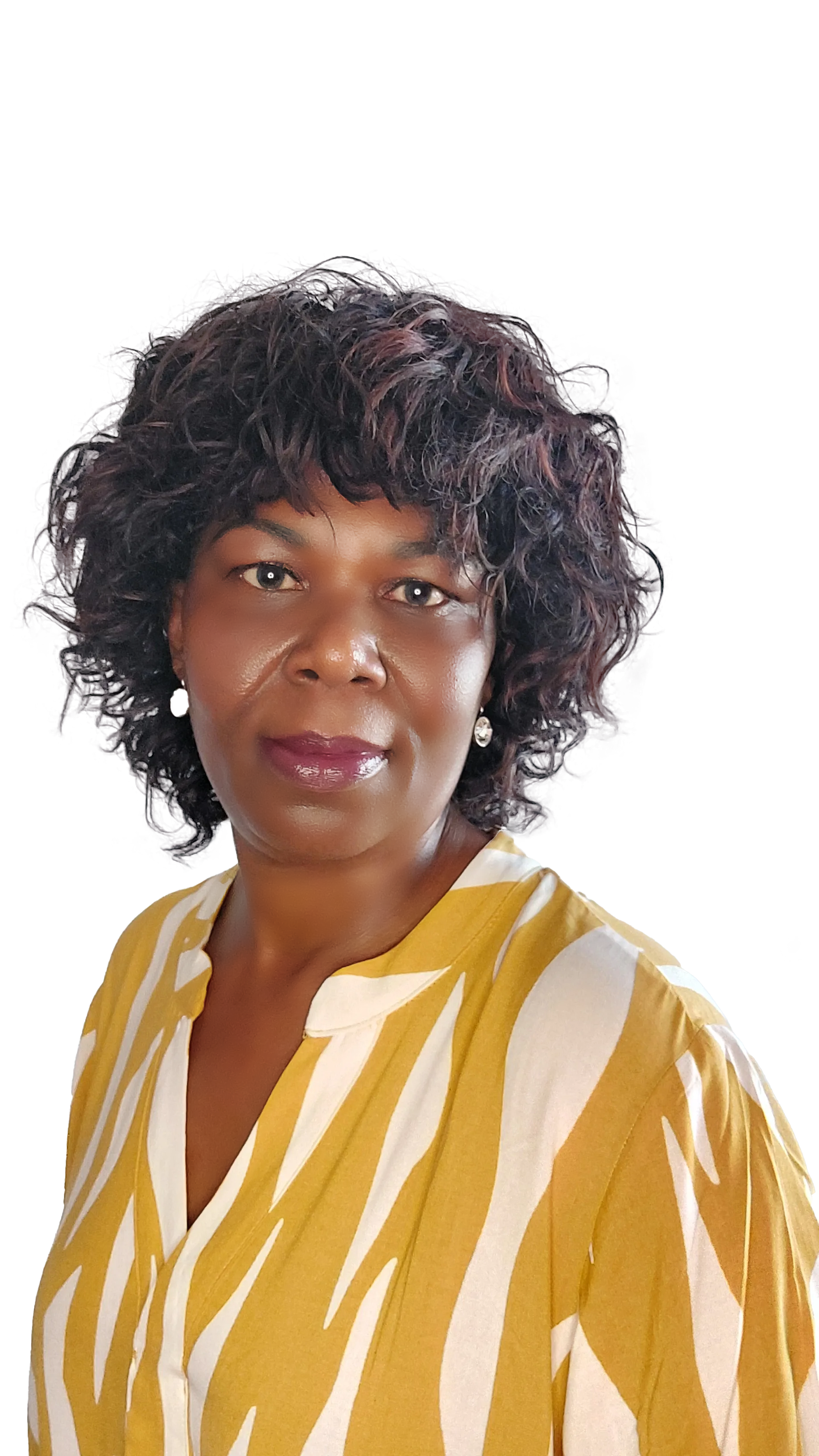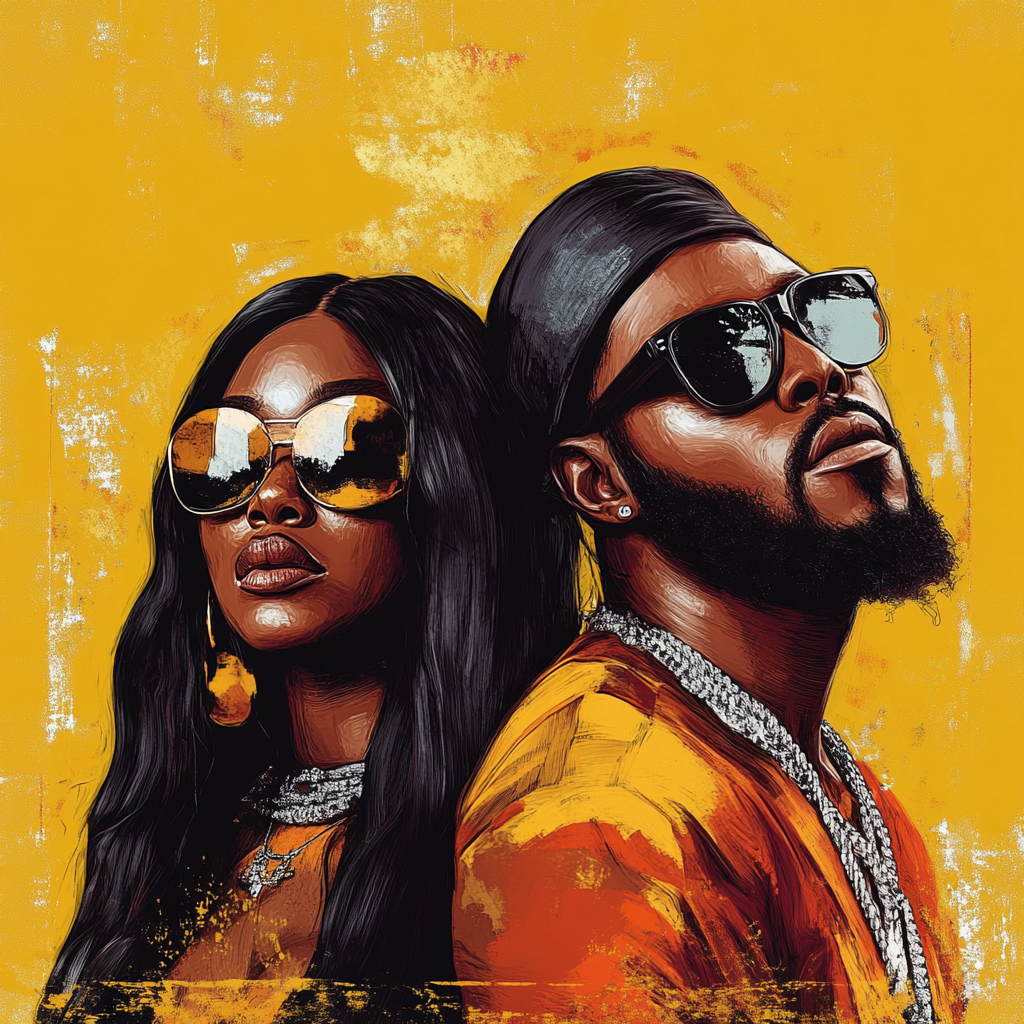
Afrobeats is more than just a sound; it’s a movement. As Black women, we’re witnessing a global takeover our music, our culture, and our voices are reaching every corner of the world, and Afrobeats is right at the heart of that transformation. From its infectious rhythms to its undeniable swagger, Afrobeats is defining the international pop scene while celebrating the power of African artistry.
In this article, we’ll break down what Afrobeats is, explore its meteoric rise on the global stage, and highlight some of the key artists especially female artists – who are making waves in the genre. So let’s dive into the groove that’s got the world dancing, and see how Afrobeats continues to shape international pop music.
What is Afrobeats? The Sound of a Continent
First things first what exactly is Afrobeats? If you’ve ever found yourself bobbing your head to irresistible rhythms that make you want to get up and move, chances are, you’ve experienced the magic of Afrobeats. This is a genre of music that originated in West Africa, particularly Nigeria and Ghana, blending traditional African rhythms with contemporary sounds like jazz, funk, dancehall, and hip-hop.
Unlike its predecessor, Afrobeat (without the ‘s’) which was pioneered by the legendary Fela Kuti and is more politically charged Afrobeats is generally more about feel-good vibes, catchy hooks, and celebratory dance rhythms. But don’t get it twisted; This beats still carries the essence of African pride, joy, and resilience. With its fast-paced beats, syncopated rhythms, and smooth melodies, Afrobeats has become the soundtrack of a generation that’s redefining what it means to be African on a global stage.
And let’s be real: whether you’re listening to Burna Boy’s hypnotic voice, Wizkid’s infectious melodies, or Tiwa Savage’s bold lyrics, it’s impossible not to feel connected to the rhythm. Afrobeats is more than just music it’s a celebration of our identity.
Afrobeats and Its Rising Influence on International Pop
So, how did a genre that started in West Africa end up dominating global pop charts and playlists? The rise of this beats is a testament to the power of digital platforms and the unstoppable influence of African culture. In the last decade, Afrobeats has gone from being a local sensation to an international phenomenon, thanks to streaming services like Spotify, Apple Music, and YouTube, which have made the genre accessible to listeners worldwide.
According to research from the International Federation of the Phonographic Industry (IFPI), Afrobeats has seen exponential growth in international music markets, with streaming numbers skyrocketing by over 100% between 2018 and 2023. This surge in popularity can be attributed not only to the accessibility of African music but also to the genre’s fusion of different influences that make it relatable and enjoyable for a global audience.
A big part of Afrobeats’ global takeover can also be traced to international collaborations. Top artists like Beyoncé, Drake, and Ed Sheeran have tapped into the genre wave by collaborating with Afrobeats stars. Who can forget Beyoncé’s iconic The Lion King: The Gift album? With tracks like “Brown Skin Girl” featuring Wizkid and “Keys to the Kingdom” featuring Tiwa Savage, Beyoncé introduced millions to Afrobeats, shining a light on the vibrant sounds coming out of Africa.
But it’s not just international stars who are pushing this music into the spotlight. Afrobeats artists themselves are taking center stage at major music festivals and award shows. From Burna Boy winning a Grammy for Twice as Tall to Wizkid selling out London’s O2 Arena, these artists are making history and showing the world that African music is here to stay.
Famous Afrobeats Artists You Need to Know
No conversation about Afrobeats would be complete without mentioning some of the most iconic artists who have shaped the genre. These trailblazers have not only made Afrobeats a global sensation but have also used their platforms to empower and uplift Black women and the African community.

Burna Boy: The African Giant
Burna Boy, whose real name is Damini Ebunoluwa Ogulu, is one of the most recognized Afrobeats artists worldwide. His distinctive voice, socially conscious lyrics, and ability to blend Afrobeat with contemporary sounds have made him an international sensation. Hits like “Ye,” “On the Low,” and “Last Last” have earned him legions of fans, while his album Twice as Tall won a Grammy Award for Best Global Music Album in 2021. Burna Boy’s music often speaks to the African experience, from the struggles to the triumphs, making him a powerful voice in the Afrobeats movement.
Wizkid: The Starboy
Another major force in Afrobeats is Wizkid, born Ayodeji Balogun. Known for his smooth vocals and captivating melodies, Wizkid has been instrumental in bringing Afrobeats to a global audience. His track “Ojuelegba” is a classic, reflecting the struggles and hustle of Lagos life, while his collaboration with Drake on “One Dance” propelled him to international fame. And, of course, we can’t forget his work with Beyoncé on The Lion King: The Gift. Wizkid’s impact on Afrobeats and international pop is undeniable, and he continues to be a trendsetter in the genre.
Tiwa Savage: The Queen of Afrobeats
When it comes to female representation in Afrobeats, Tiwa Savage reigns supreme. Often referred to as the “Queen of Afrobeats,” Tiwa has broken down barriers and paved the way for women in the genre. With hits like “All Over,” “Ma Lo” featuring Wizkid, and “Koroba,” she’s become a symbol of female empowerment in African music. Her bold lyrics, fierce style, and undeniable talent have earned her a global fanbase, and she’s not stopping anytime soon.
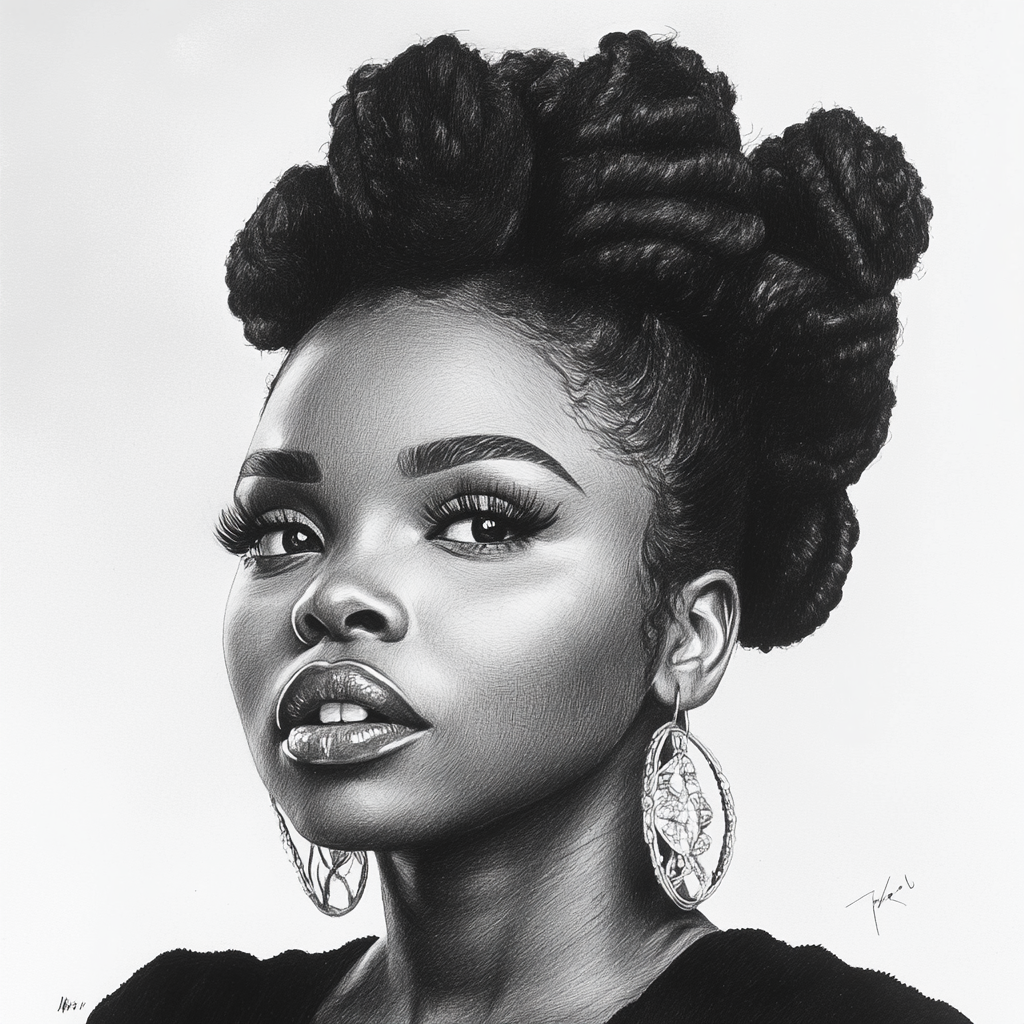
Yemi Alade: Mama Africa
Yemi Alade is another powerhouse female artist making waves in Afrobeats. Known for her energetic performances and vibrant music videos, Yemi rose to fame with her hit single “Johnny.” Since then, she’s been a strong advocate for African culture, incorporating traditional sounds and visuals into her music. Yemi Alade’s nickname “Mama Africa” reflects her commitment to promoting African heritage through her art, and she’s a role model for Black women around the world.
“Since Davido is one of my favorite Afrobeat artists, I tend to dedicate more space to his name.”
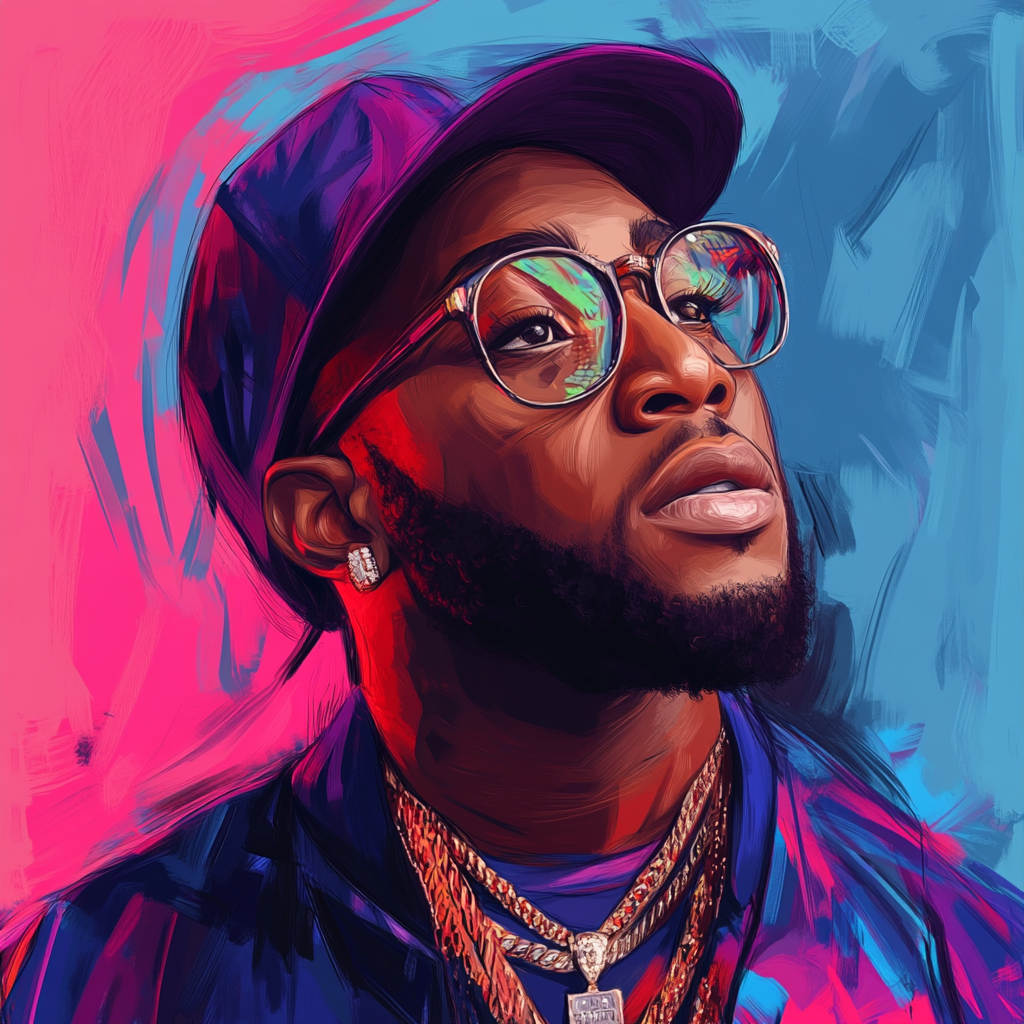
Davido: The Afrobeat Star Paving the Way for a Global Sound
When we talk about modern Afrobeat, it’s impossible to leave out Davido, one of the genre’s brightest stars and most influential artists. Born David Adedeji Adeleke in Atlanta, USA, and raised in Lagos, Nigeria, Davido has become a household name not only in Africa but across the globe. His music is an electrifying blend of African rhythms, high-energy beats, and infectious melodies that have made him one of the flag-bearers of Afrobeat.
Davido’s Rise to Afrobeat Fame
Davido’s journey into the Afrobeat scene was marked by his unique background. He came from a wealthy Nigerian family, yet he chose to follow his passion for music rather than the traditional paths of business or academia expected of him. In 2011, he released his breakout single “Dami Duro,” a high-tempo, danceable hit that announced his arrival in the Afrobeat scene with style. From that moment, there was no looking back.
What sets Davido apart is his ability to merge the traditional sounds of Afrobeat with modern pop influences. Afrobeat itself was pioneered by legendary Nigerian musician Fela Kuti, who fused traditional African music with jazz, funk, and highlife. Davido, while keeping the genre’s essence alive, adds elements of global pop, hip-hop, and even dancehall into his songs, making his sound widely accessible.
Hits and Impact
Davido’s catalog is packed with hits that resonate deeply within African culture while appealing to international audiences. Tracks like “If,” “Fall,” and “FIA” have become Afrobeat anthems, known for their catchy hooks, smooth vocals, and danceable beats. “Fall,” in particular, made waves globally, becoming the longest-charting Nigerian pop song in Billboard history.
But Davido’s influence extends beyond just music. His charisma, relatability, and unapologetic pride in his African heritage make him a symbol of Afrobeat’s global success. Whether it’s his collaborations with international stars like Chris Brown (“Blow My Mind”) or his sold-out concerts across Europe and the U.S., Davido has helped solidify Afrobeat as a major force in global music.
Davido’s Style and Influence on Afrobeat
Davido’s Afrobeat sound is characterized by rhythmic percussion, lush melodies, and a heavy use of call and response, a technique deeply rooted in African music. His voice, which blends elements of soul, pop, and African traditional styles, captures the essence of Afrobeat joyful, vibrant, and impossible not to move to.
Black women, in particular, resonate with Davido’s music because it often celebrates love, relationships, and the empowerment of women, as seen in songs like “Assurance,” where he expresses his devotion and respect for his partner. His songs are often anthems for fun, freedom, and living life to the fullest values that echo through Afrobeat culture.
Davido as an Afrobeat Ambassador
Davido doesn’t just create music; he creates movements. With his label, DMW (Davido Music Worldwide), he’s helping to elevate young African talents like Mayorkun and Peruzzi, showing his commitment to growing Afrobeat beyond just his own success. In a sense, he’s both an artist and a cultural ambassador, ensuring Afrobeat is not just a fleeting trend but a musical powerhouse with a lasting impact.
For Black women in particular, Davido represents a type of cultural reclamation and pride in African roots. His success and his constant nod to African culture in his music and fashion help uplift and empower Black women, reminding them of their heritage’s richness and vibrancy.
Davido’s Legacy in Afrobeat and Beyond
What makes Davido stand out as an Afrobeat star is not just his talent but his ability to stay authentic to his African roots while appealing to a global audience. In a world where music trends can be fleeting, Davido has managed to remain relevant by consistently pushing the boundaries of what Afrobeat can achieve.
As Afrobeat continues to rise globally, with stars like Burna Boy and Wizkid alongside him, Davido’s role in shaping this movement is undeniable. He has set the bar high for younger artists while continuing to break new ground himself.
Afrobeat is more than just a genre; it’s a movement, and Davido is one of its most prominent faces. His music speaks to the experience of Black women and men, particularly in the diaspora, who are reconnecting with African culture and celebrating it in all its glory.
In short, Davido’s contributions to Afrobeat have not only helped it gain international recognition but have also allowed Black women to feel seen and celebrated in the global music space. His infectious energy, passion for African rhythms, and ability to cross cultural barriers make him one of the most influential figures in music today.
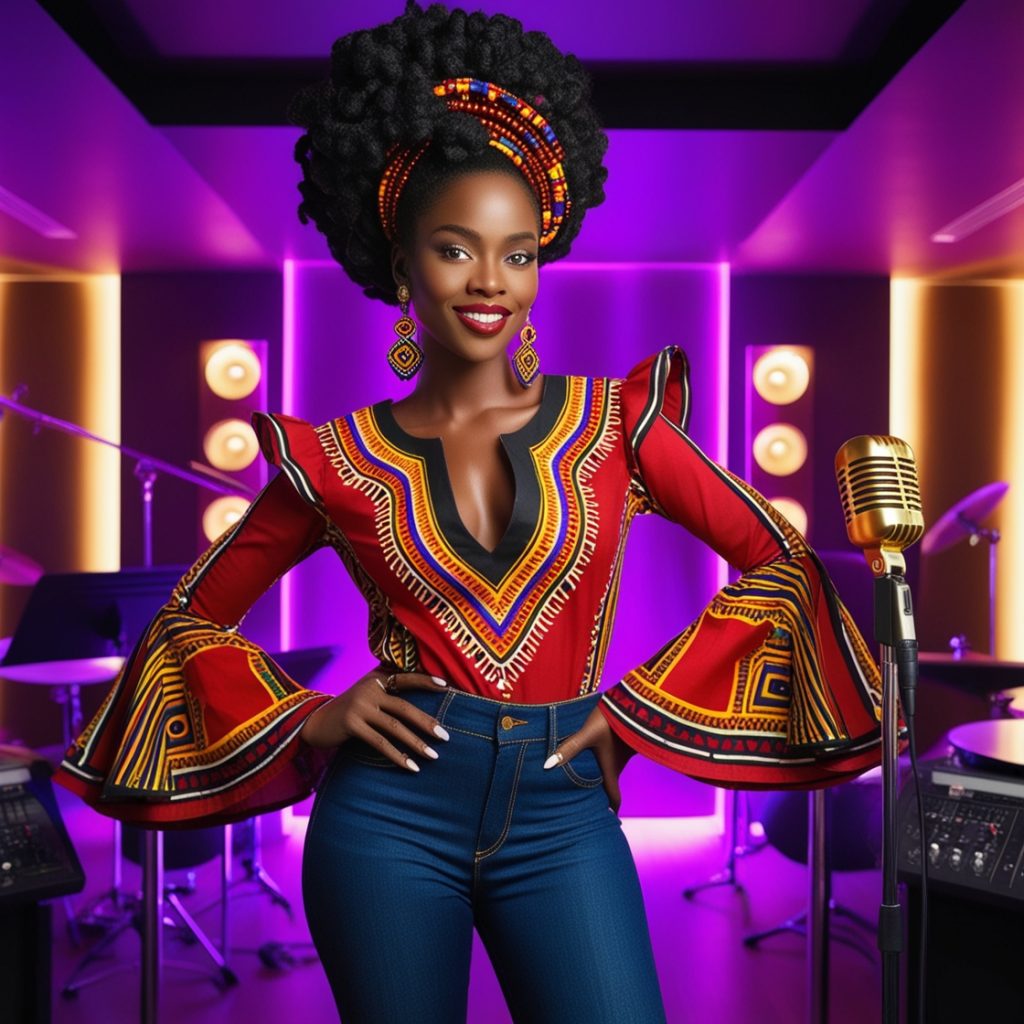
The Cultural Power of Afrobeats for Black Women
As Black millennial women, the rise of Afrobeats isn’t just about the music it’s about cultural affirmation. Afrobeats is a celebration of who we are: our beauty, our strength, our resilience. From the bold fashion statements of Afrobeats stars to the powerful messages embedded in the lyrics, this genre reminds us that our culture is something to be proud of.
What makes Afrobeats so special for us is that it speaks to the modern African experience while paying homage to our roots. It’s a genre that doesn’t shy away from mixing old with new, traditional with contemporary, African with global. And as we listen to artists like Tiwa Savage and Yemi Alade, we’re reminded that Black women are at the forefront of this cultural movement.
Let me get personal for a second: I remember going to an Afrobeats festival with my girlfriends, and the energy was electric. There were women in beautiful African prints, confidently rocking their natural hair, and dancing with pure joy. It was a moment of unity and pride, and I realized that Afrobeats is more than just a genre. It’s a way of celebrating who we are unapologetically Black, African, and proud.
The Science Behind the Afrobeats Vibe
Why does Afrobeats make us feel so good? It’s not just the infectious beats it’s science. Studies show that music with rhythmic syncopation, like Afrobeats, triggers the brain’s reward system, releasing dopamine and serotonin, the “feel-good” hormones. According to a 2019 study by the Journal of Neuroscience, the repetitive, high-energy beats of Afrobeats can elevate mood, increase social bonding, and even reduce stress.
So, when you’re vibing to Afrobeats, your brain is literally lighting up with happiness. No wonder it’s become the go-to genre for parties, workouts, and just about any time you need a mood boost.
Conclusion: Afrobeats – The Soundtrack to Our Lives
Afrobeats is more than just a musical genre it’s a cultural revolution. From its roots in West Africa to its domination of the global pop scene, Afrobeats is a testament to the power of African music and the resilience of Black culture. For us, Black millennial women, Afrobeats is not just something we listen to—it’s a part of who we are.
As the genre continues to grow, it’s clear that Afrobeats will remain a powerful force in shaping the future of music, fashion, and culture. Whether you’re listening to Burna Boy, dancing to Tiwa Savage, or getting inspired by Yemi Alade, Afrobeats is the soundtrack to our lives, and we’re just getting started.


